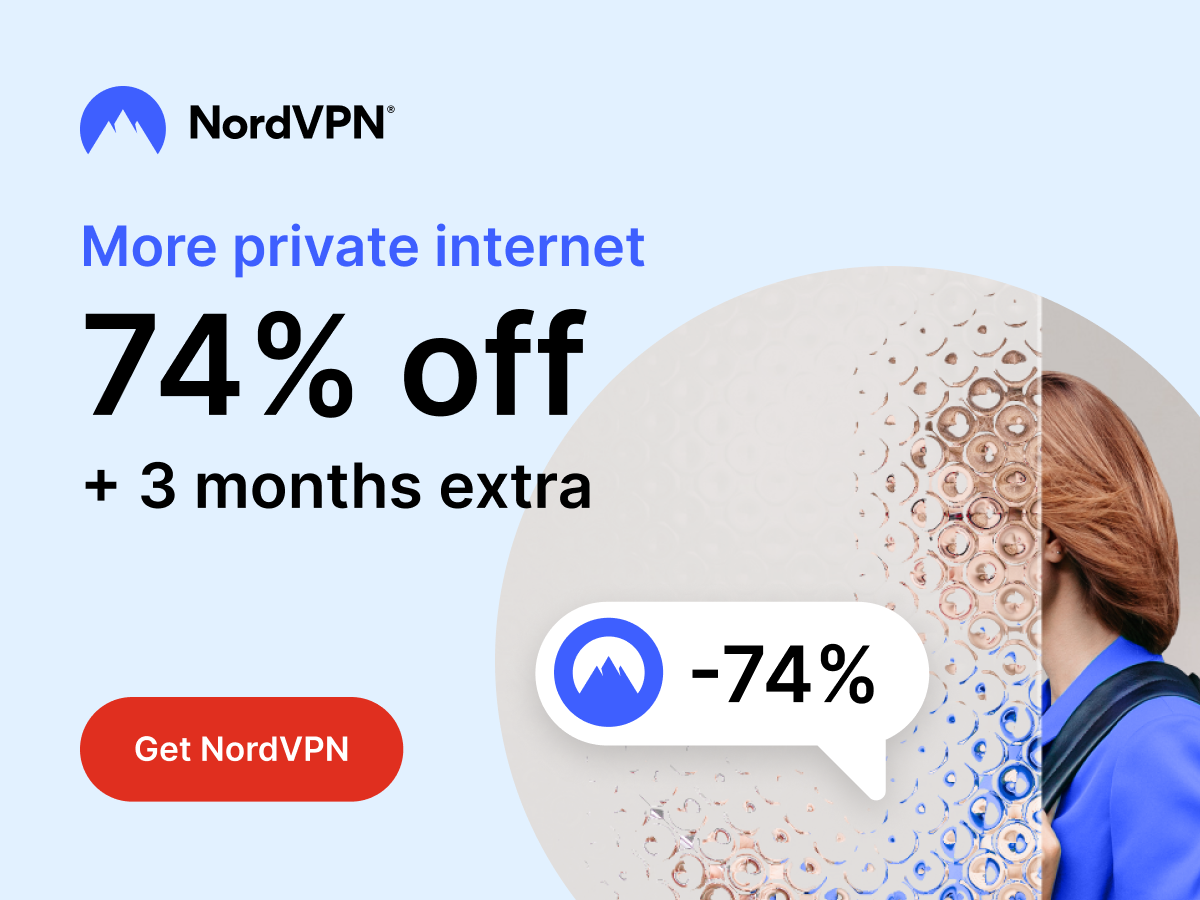Imagine trying to sell snow gear to someone living in the tropics. Not the most effective use of your marketing efforts, right? That’s where segmentation comes in—a powerful strategy that allows you to divide your audience into smaller, more targeted segments based on characteristics like demographics, behavior, or preferences. By tailoring your messages and offers to these segments, you can significantly boost your marketing effectiveness. So, how can segmentation help you level up your marketing game? Let’s break it down!
The Magic of Segmentation
Segmentation is like having a magnifying glass for your marketing efforts. It helps you zoom in on specific groups within your audience and deliver messages that resonate with their unique needs and interests. Here’s why segmentation is so powerful:
- Personalization: Segmentation allows you to create personalized messages and offers that speak directly to the needs and preferences of each segment, increasing the likelihood of engagement and conversion.
- Improved Targeting: By targeting specific segments, you can ensure that your messages reach the right people at the right time, maximizing the impact of your marketing efforts.
- Increased ROI: Segmentation can help you optimize your marketing budget by focusing on segments that are most likely to convert, resulting in a higher return on investment (ROI).
How Businesses Can Use Segmentation
- Demographic Segmentation: Divide your audience based on demographics such as age, gender, income, or location. This can help you tailor your messages to each group’s unique characteristics.
- Behavioral Segmentation: Segment your audience based on their behavior, such as past purchases, website interactions, or email engagement. This can help you send targeted messages based on their actions.
- Psychographic Segmentation: Divide your audience based on their lifestyle, interests, or values. This can help you create messages that resonate with their beliefs and aspirations.
Examples of Effective Segmentation
- E-commerce: An online retailer might segment their audience based on past purchase behavior to send targeted offers for products they are likely to be interested in.
- Travel: A travel company might segment their audience based on travel preferences, such as beach vacations or adventure travel, to send personalized vacation package recommendations.
In Conclusion
Segmentation is a powerful strategy that can help you target specific audience segments with personalized messages and offers. By understanding your audience and tailoring your marketing efforts to their needs and preferences, you can significantly increase engagement, conversions, and ROI. So, don’t wait—start slicing and dicing your audience today and watch your marketing efforts soar to new heights!





